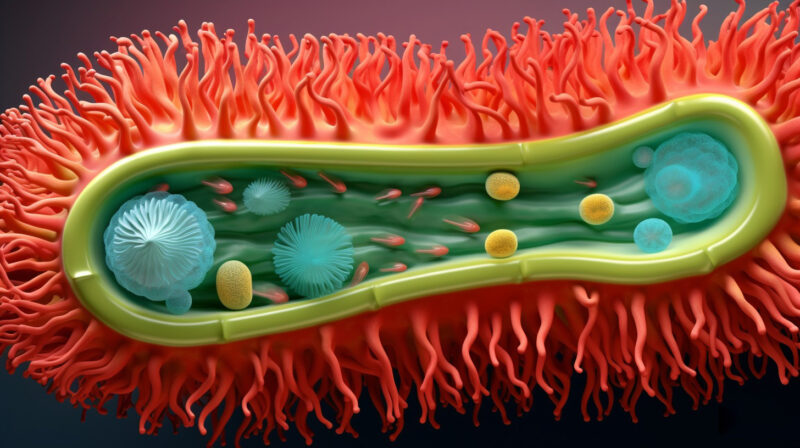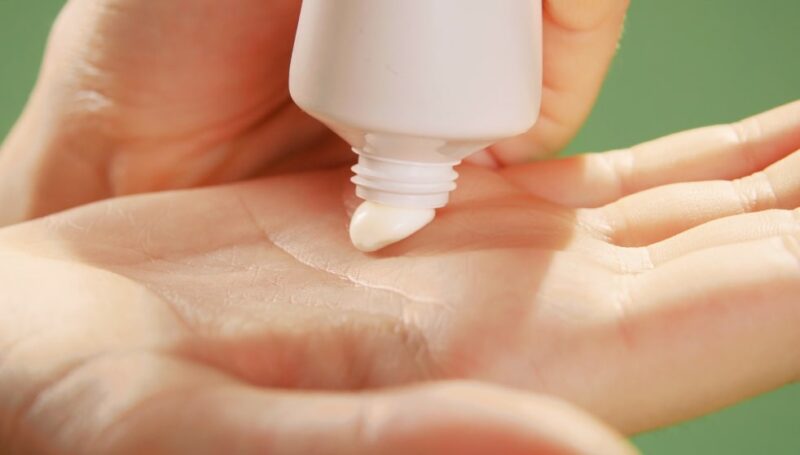If you’ve ever dealt with the discomfort and annoyance of boils, you know just how much they can disrupt your daily life. These painful, pus-filled bumps on the skin can be quite a bother, but fear not!
Nature has provided us with some amazing herbal remedies that can help ease the pain, promote healing, and get you back on your feet in no time. In this guide, we’ll talk about some of the best herbal remedies for boils. Let’s get started.
1. Turmeric
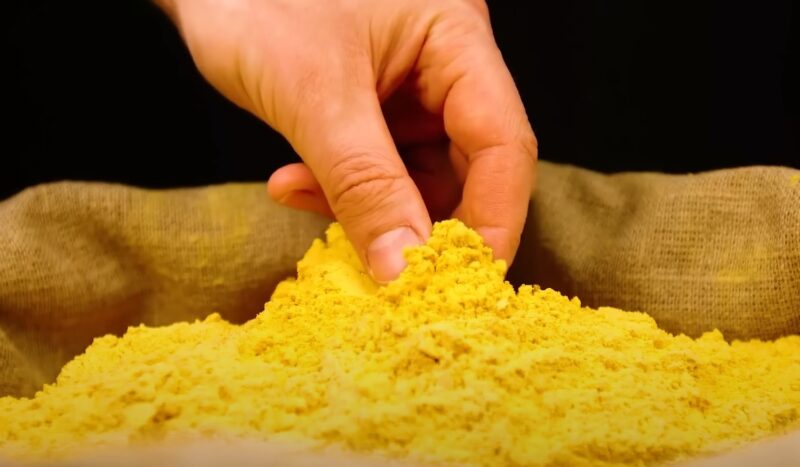
Turmeric is often suggested as a natural remedy for treating boils due to its well-known ability to reduce inflammation and fight against bacteria.
Application and Benefits
Mixing turmeric powder with water creates a paste that can be applied directly to boils. This remedy aids in:
- Reducing inflammation and pain.
- Accelerating the healing process.
- Preventing bacterial infections.
Regular application of the turmeric paste can help in the speedy recovery of boils and minimize scarring.
Considerations
While turmeric is generally safe, excessive use may cause:
- Staining of skin and fabrics.
- Gastrointestinal issues in some individuals.
It’s essential to use turmeric judiciously and be aware of any adverse reactions, especially in people with pre-existing conditions or those on specific medications.
2. Tea Tree Oil
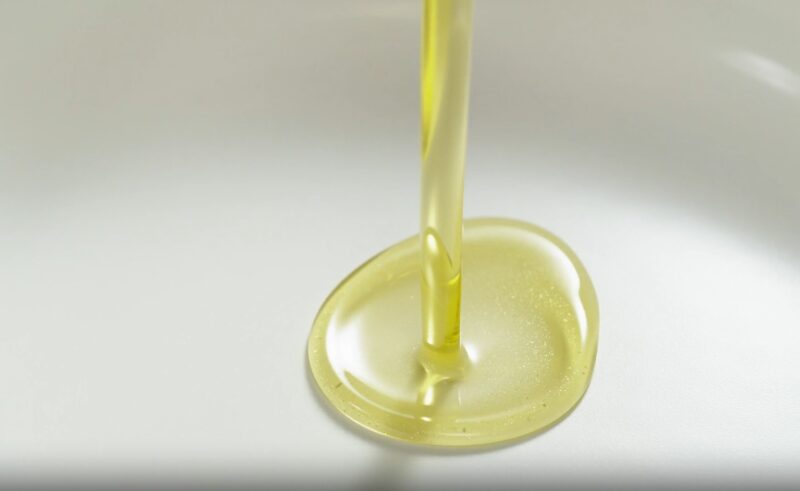
Tea Tree Oil has gained a lot of recognition for its powerful antibacterial and antiseptic qualities, which have made it a go-to option for effectively treating boils.
Application and Benefits
Diluting a few drops of tea tree oil with a carrier oil and applying it to the affected area can help in:
- Relieving discomfort and itchiness.
- Reducing inflammation and redness.
- Eliminating bacterial infection.
Considerations
Concentrated tea tree oil can be irritating to the skin, so it is imperative to:
- Always dilute it with carrier oil.
- Conduct a patch test to avoid adverse reactions.
3. Neem Oil
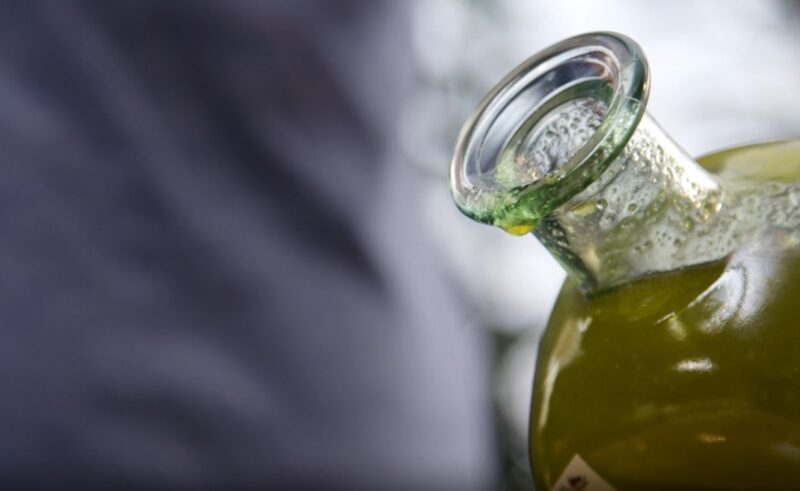
Neem oil is a fantastic herbal solution for boils because it possesses antiseptic, antibacterial, and anti-inflammatory qualities.
Application and Benefits
Applying diluted neem oil or neem oil-based creams to boils can:
- Alleviate pain and swelling.
- Prevent further infection.
- Promote faster healing.
Neem oil is also versatile and can be used in various forms, catering to individual preferences and needs.
Considerations
Neem oil has a strong odor and can be bitter, so it is crucial to:
- Use it in moderation.
- Store it properly to maintain its efficacy.
4. Castor Oil
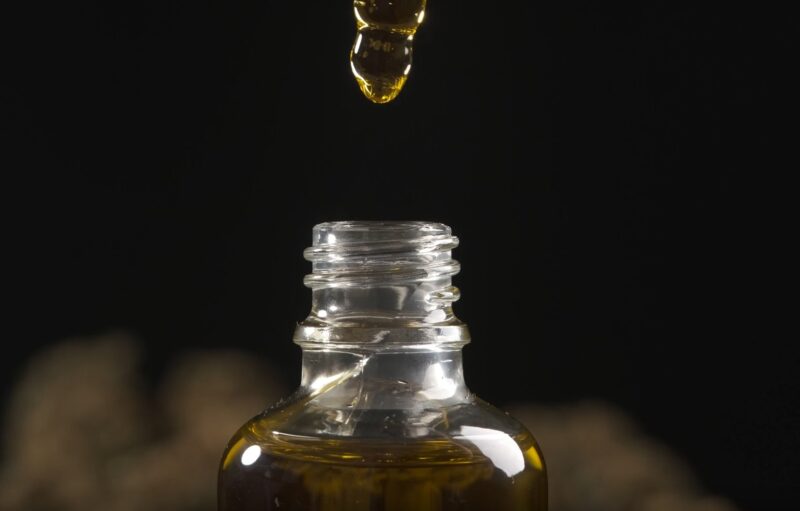
Castor oil has been used for generations to treat various skin conditions because it possesses powerful anti-inflammatory and antimicrobial properties.
Application and Benefits
Applying castor oil directly to boils can:
- Soften the skin, allowing for easier drainage.
- Alleviate pain and inflammation.
- Expedite the healing process.
The viscous nature of castor oil forms a protective layer on the skin, preventing further irritation.
Considerations
While castor oil is generally safe, it’s vital to:
- Use pure, hexane-free castor oil.
- Avoid ingesting castor oil, as it can be a powerful laxative.
5. Echinacea
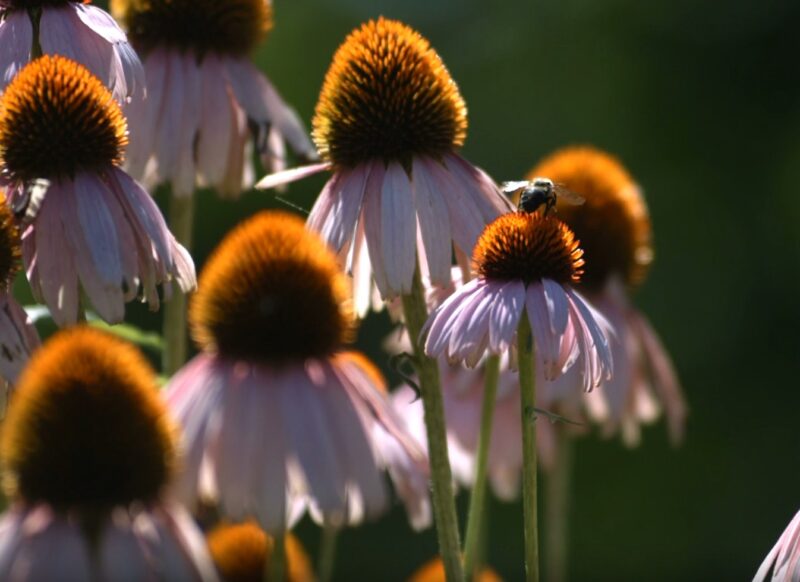
For centuries, people have held Echinacea in high regard due to its ability to enhance the immune system and reduce inflammation. As a result, it has proven to be an effective remedy for treating boils.
Application and Benefits
Consuming echinacea in the form of tea or supplements can:
- Boost the immune system, fighting off infections.
- Reduce inflammation and alleviate pain.
- Enhance the overall healing process.
Echinacea is particularly beneficial for recurrent boils, addressing the condition from within.
Considerations
People allergic to plants in the daisy family should avoid echinacea. It’s also crucial to:
- Consult a healthcare provider before using echinacea supplements.
- Use echinacea tea moderately to avoid potential side effects.
6. Goldenseal
Goldenseal is an incredible herb that packs a punch when it comes to fighting off bacteria and reducing inflammation.
Application and Benefits
Applying a paste made of goldenseal powder and water or consuming goldenseal supplements can help in:
- Reducing redness and swelling.
- Preventing bacterial growth.
- Speeding up the recovery process.
Goldenseal’s versatility makes it a convenient and effective remedy for individuals with different preferences.
Considerations
Goldenseal can interact with certain medications, so it’s important to:
- Discuss with a healthcare provider before starting goldenseal supplements.
- Use the herb moderately to avoid potential adverse effects.
7. Garlic
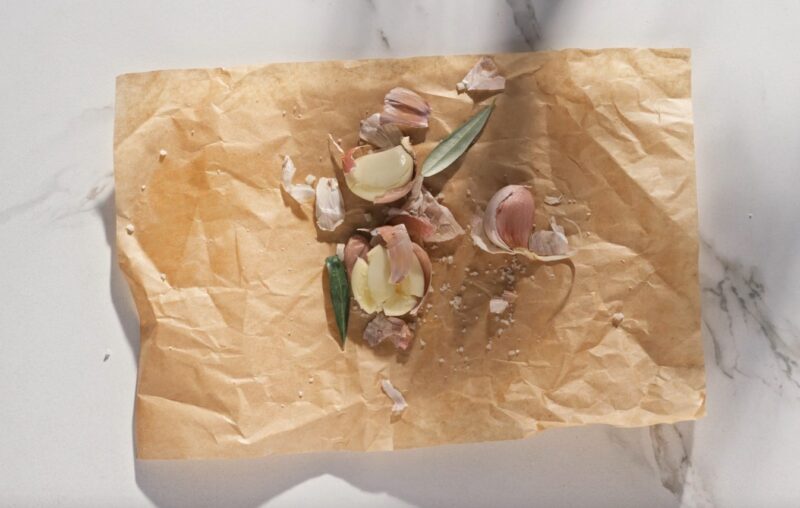
People have been relying on garlic for centuries due to its remarkable antibacterial and anti-inflammatory properties, and as such, it is a trustworthy solution for treating boils.
Application and Benefits
Applying garlic paste to boils or consuming garlic can:
- Relieve pain and inflammation.
- Aid in faster drainage of pus.
- Enhance the body’s ability to fight infections.
Whether used topically or ingested, garlic can be an effective and natural remedy for boils.
Considerations
It’s essential to remember that garlic can cause:
- Skin irritation when applied topically.
- Bad breath and body odor when consumed in excess.
8. Witch Hazel

Witch hazel has become quite popular as a herbal remedy because it has astringent and anti-inflammatory properties that work really well in treating boils.
Application and Benefits
Applying witch hazel to boils can:
- Tighten the skin, aiding in pus drainage.
- Soothe inflammation and pain.
- Reduce the risk of scarring.
This herb is readily available and can be used safely by most individuals with boils.
Considerations
While witch hazel is usually well-tolerated, it’s important to:
- Opt for alcohol-free varieties to avoid skin drying.
- Use it in moderation to prevent skin irritation.
9. Aloe Vera
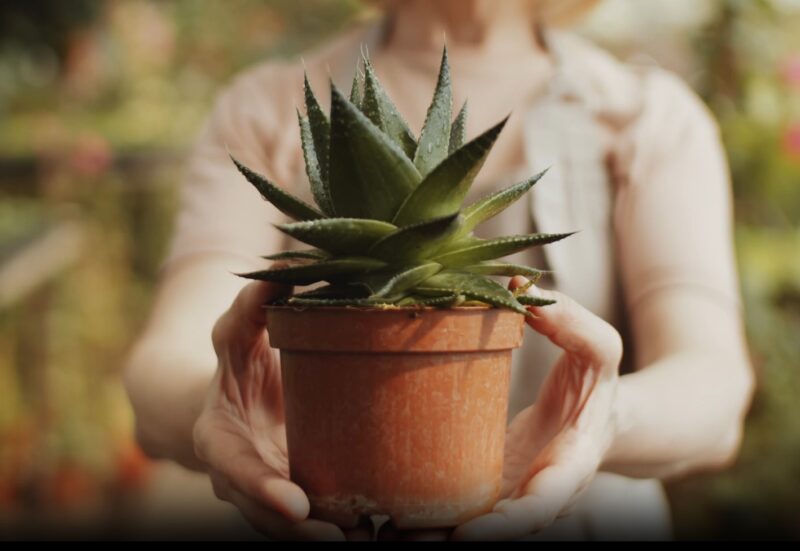
Aloe vera is a versatile plant known for its soothing properties, making it ideal for treating skin conditions like boils.
Application and Benefits
Applying aloe vera gel to boils can:
- Provide immediate relief from pain and itching.
- Reduce redness and swelling.
- Promote faster healing and prevent scarring.
Aloe vera is a widely available, gentle, and effective solution for managing boils.
Considerations
Aloe vera is generally safe, but it is essential to:
- Conduct a patch test to check for any allergic reaction.
- Use pure aloe vera gel without added chemicals or fragrances.
10. Black Tea
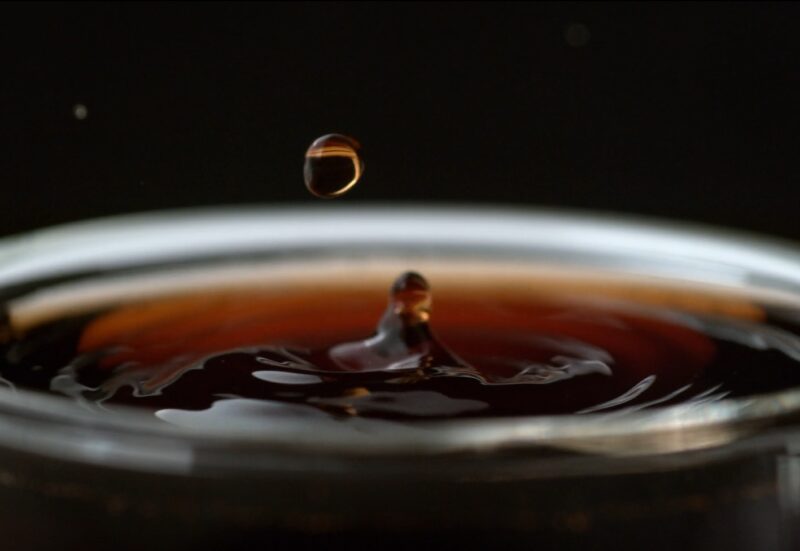
Black tea, packed with tannins, possesses astringent properties that can lend a hand in soothing and treating bothersome boils.
Application and Benefits
Applying a warm black tea bag to boils can:
- Draw out impurities and promote drainage.
- Relieve pain and reduce inflammation.
- Accelerate the healing process.
Black tea bags are a convenient and accessible remedy, offering relief with minimal hassle.
Considerations
It’s important to remember to:
- Use a separate tea bag for each application to avoid spreading infection.
- Avoid pressing too hard to prevent further irritation.


